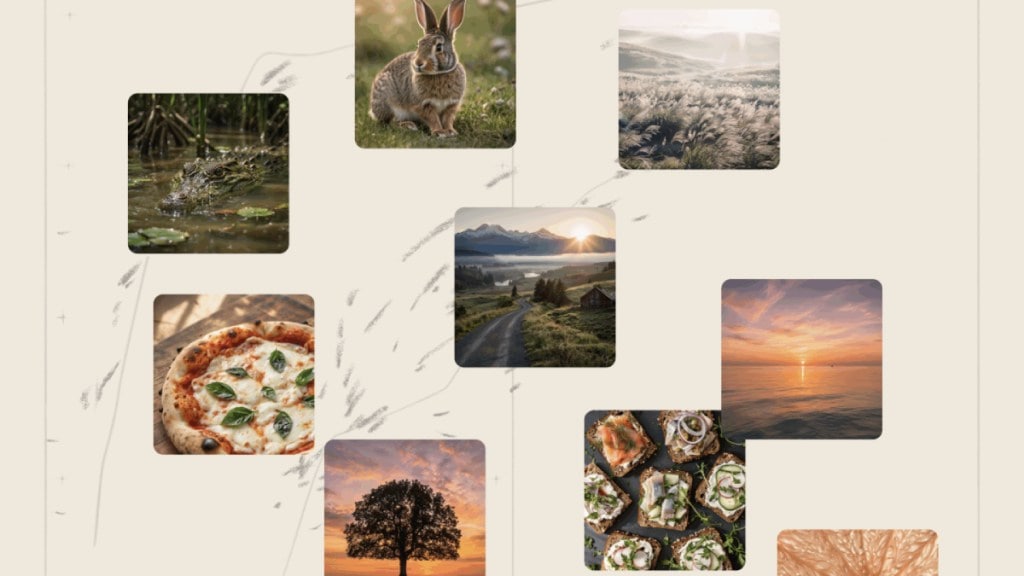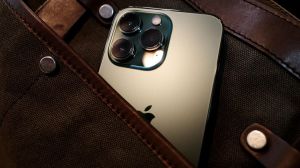A good way to showcase your generative AI prowess is to release a text-to-image generator – a formula that giants like Google and OpenAI utilised to make Gemini and ChatGPT go viral in the previous months. Microsoft, after relying on OpenAI’s models, is finally releasing its own AI model that does image generation. The name isn’t easy to spell out, though – MAI-Image-1. We hope it will catch on with Gen Z and Gen Alpha.
MAI-Image-1, which is part of a larger family of ‘MAI’ branded AI tools, has demonstrated its strength by ranking high on benchmarking tools. Microsoft’s presser confirms that its first generative AI model was among LMArena’s top 10 list, outperforming more established competitors. For professionals and students, that could be great news.
Unlike some rivals that prioritise artistic or stylistic results, Microsoft’s model is engineered for extreme precision in photorealism, promising to generate lifelike landscapes and natural lighting effects. “MAI-Image-1 excels at generating photorealistic imagery, like lighting (e.g., bounce light, reflections), landscapes, and much more,” says the blog.
Microsoft MAI-Image-1 released as latest AI image generator
Microsoft says that the development of the AI image generator involved close collaboration with creative professionals, which was necessary to ensure that the model could eliminate the repetitive and generic-looking qualities – often associated with AI-generated content. Additionally, MAI-Image-1 is said to be more resource-efficient, delivering high-quality images faster than bulkier and alternative models.
MAI-Image-1 joins Microsoft’s expanding collection of AI tools, which also includes the voice generator MAI-Voice-1 and the chatbot MAI-1-preview. According to Mustafa Suleyman, Microsoft’s AI division chief, these products are part of an ‘enormous five-year roadmap’ aimed at building infrastructure that operates independently of OpenAI’s technology.
“We’re excited to be making MAI-Image-1 available in Copilot and Bing Image Creator very soon,” wrote Microsoft in its blog, asking users to wait for updates to the Copilot app as well as the Bing Image Creator. For now, the new model will be available for access in LMArena.
The arrival of the MAI-Image-1 comes on the heels of Google’s viral 2.5 Flash Image (Nano Banana) that kickstarted a trend on social media. Despite the Nano Banana model being around for a while, Google’s image generator tool continues to encourage users to use AI for editing real photos with all sorts of photorealistic elements seamlessly applied.









